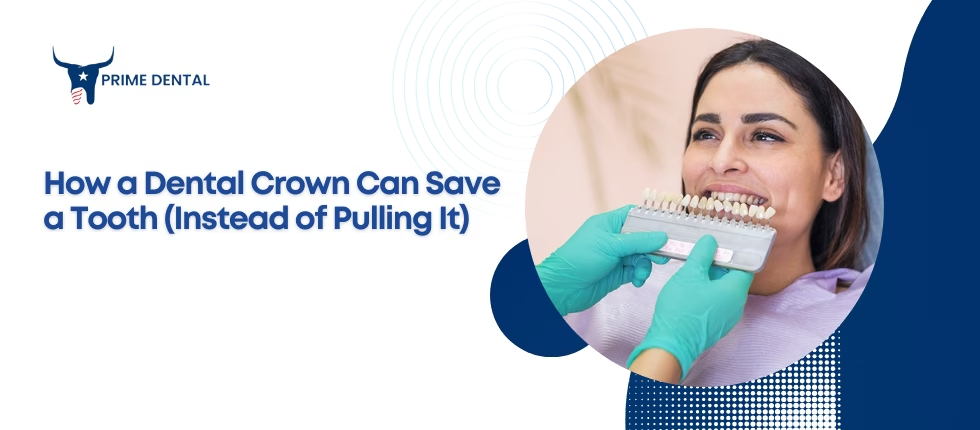Understanding the when and why of tooth extraction is crucial for oral health. Whether you’re dealing with dental decay, impacted wisdom teeth, or other issues, knowing the reasons behind tooth extraction can help you make informed decisions about your oral care. If you’re in the Grand Prairie area, finding reliable tooth extraction services near you is crucial. In this article, we’ll explore the common reasons for tooth extraction and the procedures involved, including tooth extraction in Grand Prairie.
Common Reasons for Tooth Extraction
- Dental Decay and Cavities: Severe tooth decay that can’t be treated with fillings or root canals may necessitate extraction to prevent further damage and infection.
- Periodontal Disease: Advanced gum disease can make teeth movable and need to be removed in order to preserve oral health as a whole.
- Impacted Wisdom Teeth: Third molars, sometimes known as wisdom teeth, frequently lack sufficient room to emerge properly. Impaction may result in discomfort, an infection, and damage to neighbouring teeth, necessitating extraction.
- Crowding and Orthodontic Treatment: In cases of severe crowding, orthodontists may recommend tooth extraction to create space for braces or aligners.
- Trauma or Injury: If a tooth cannot be salvaged after suffering severe trauma, such as a fracture or dislocation, it may need to be extracted.
- Infection or Abscess: A tooth may need to be extracted if a dental infection or abscess is left untreated in order to stop the infection from spreading.
Dental Procedures for Tooth Extraction
A. Simple Tooth Extraction
If a tooth is visible and simple to access, an extraction is done. Here’s what to anticipate:
- Procedure: Your dentist will use local anesthesia to numb the area and gently remove the tooth with specialized instruments.
- Recovery: Simple extractions typically have minimal post-operative discomfort and a quicker recovery period.
B. Surgical Tooth Extraction
Surgical extractions are necessary for impacted or complex cases. Here’s what you should know:
- Indications: Surgical extractions are recommended for impacted or deeply rooted teeth, such as wisdom teeth.
- Anesthesia: You may receive IV sedation or general anesthesia to ensure comfort during the procedure.
- Recovery: Recovery may take a bit longer, and your dentist will provide specific aftercare instructions.
Preparing for Tooth Extraction
Before undergoing tooth extraction, it’s essential to:
- Consult with your dentist or oral surgeon.
- Discuss your medical history and any medications you’re taking.
- Follow pre-operative instructions.
- Arrange transportation if needed.
- Address any concerns or questions you may have.
During the Tooth Extraction Procedure
Your dental experts will take care of your comfort and safety throughout the operation. The process of extracting the tooth should be painless for you.
Aftercare and Recovery
Aftercare is essential for a speedy recovery:
- Follow immediate post-extraction care instructions.
- Manage swelling and discomfort as directed by your dentist.
- Adhere to dietary restrictions and opt for soft foods.
- Maintain excellent oral hygiene while healing.
- Attend follow-up appointments for monitoring.
Tooth Extraction Near You: Finding a Trusted Provider
Choosing a reputable dentist or oral surgeon is paramount. Consider the following:
- Seek recommendations and read reviews.
- Ask questions during your consultation to address any concerns.
- Ensure the provider offers tooth extraction in Grand Prairie or your desired location.
Conclusion
Understanding when and why tooth extraction may be necessary is essential for maintaining your oral health. Whether you’re dealing with dental decay, impacted wisdom teeth, or other issues, seeking professional guidance is crucial. If you’re in Grand Prairie or a nearby area, finding reliable tooth extraction services near you is key to ensuring the best possible care for your oral health. Don’t hesitate to consult with a trusted dental professional to address your specific needs.


